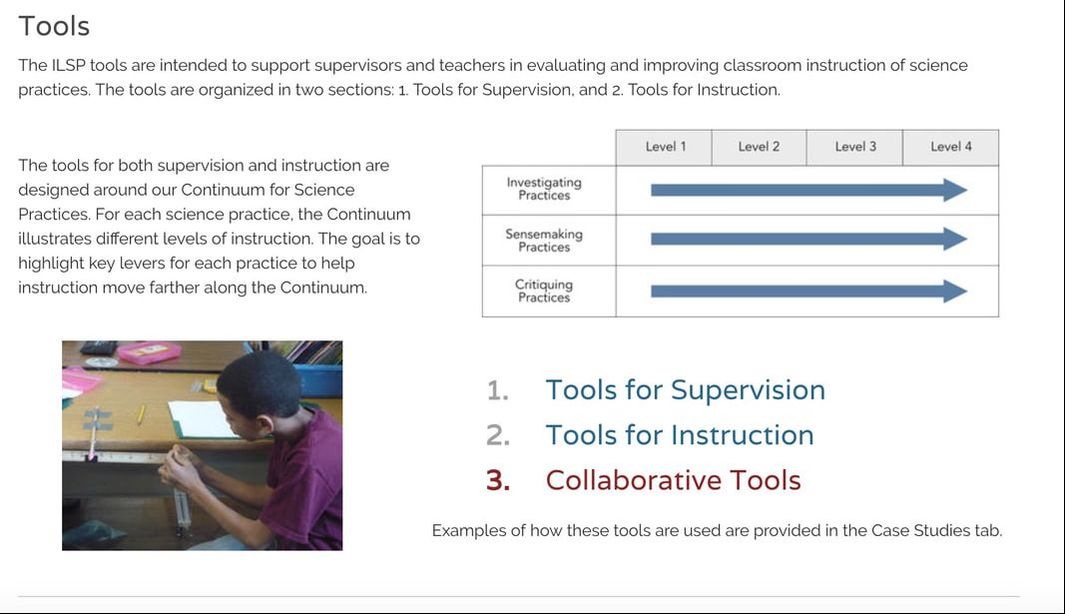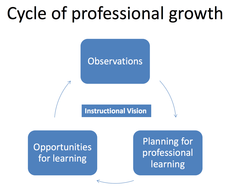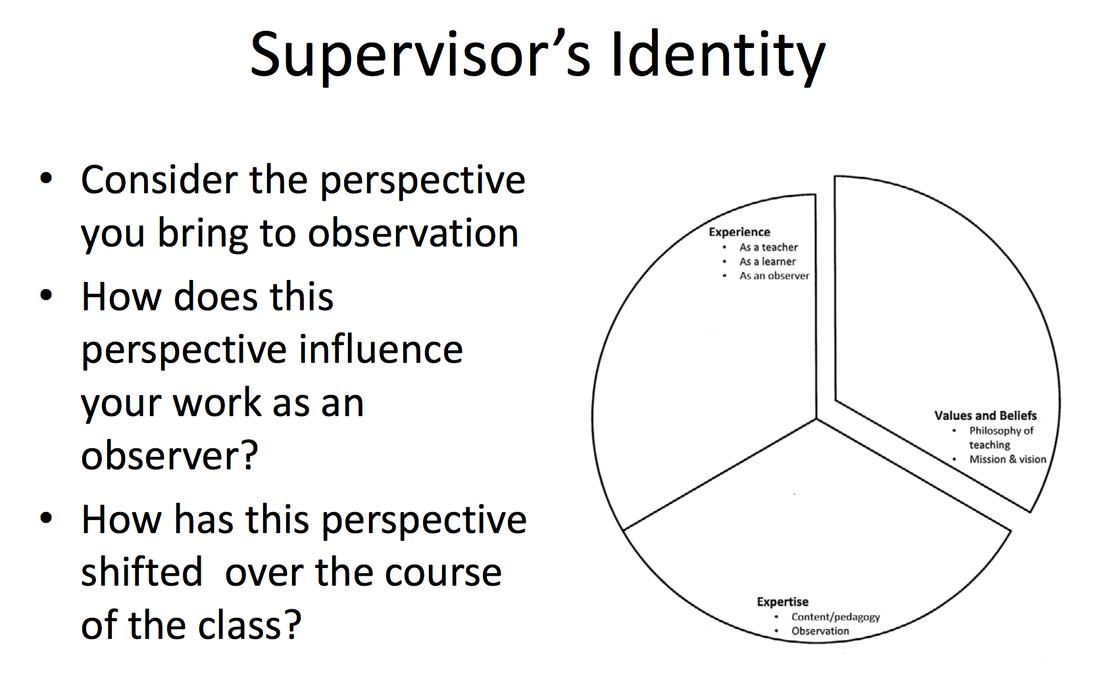Teaching
Since arriving at Boston College, I have designed and taught 9 new Master’s and Doctoral level courses within the Educational Leadership program. Although these courses cover a wide variety of topics, all of my teaching is anchored in the principles of adult learning and a progressive approach to instruction.
PHILOSOPHY OF INSTRUCTION
Several key principles guide my approach to instruction.
|
Course in Focus: Instructional Leadership
This course introduces students to critical aspects of instructional leadership, including curriculum leadership, instructional supervision, classroom observation, and teacher evaluation. We consider the role of instructional leadership in the context of standards and accountability, as well as equity and diversity considerations in the context of changing demographics. Students conduct classroom observations, mock evaluations and program reviews to practice the skills of instructional leadership. The course focuses on instructional leadership to support school improvement and the ways in which instructional leaders foster teachers’ professional growth in the context of diverse learners.
Click image to enlarge.
Courses Taught
|
Curriculum Leadership for Diverse Learners
Human Resources Research Methods I, II, III Ethics and Equity in Education Instructional Leadership Organizational Theory and Learning SEI for Administrators: School Leadership for ELLs |



